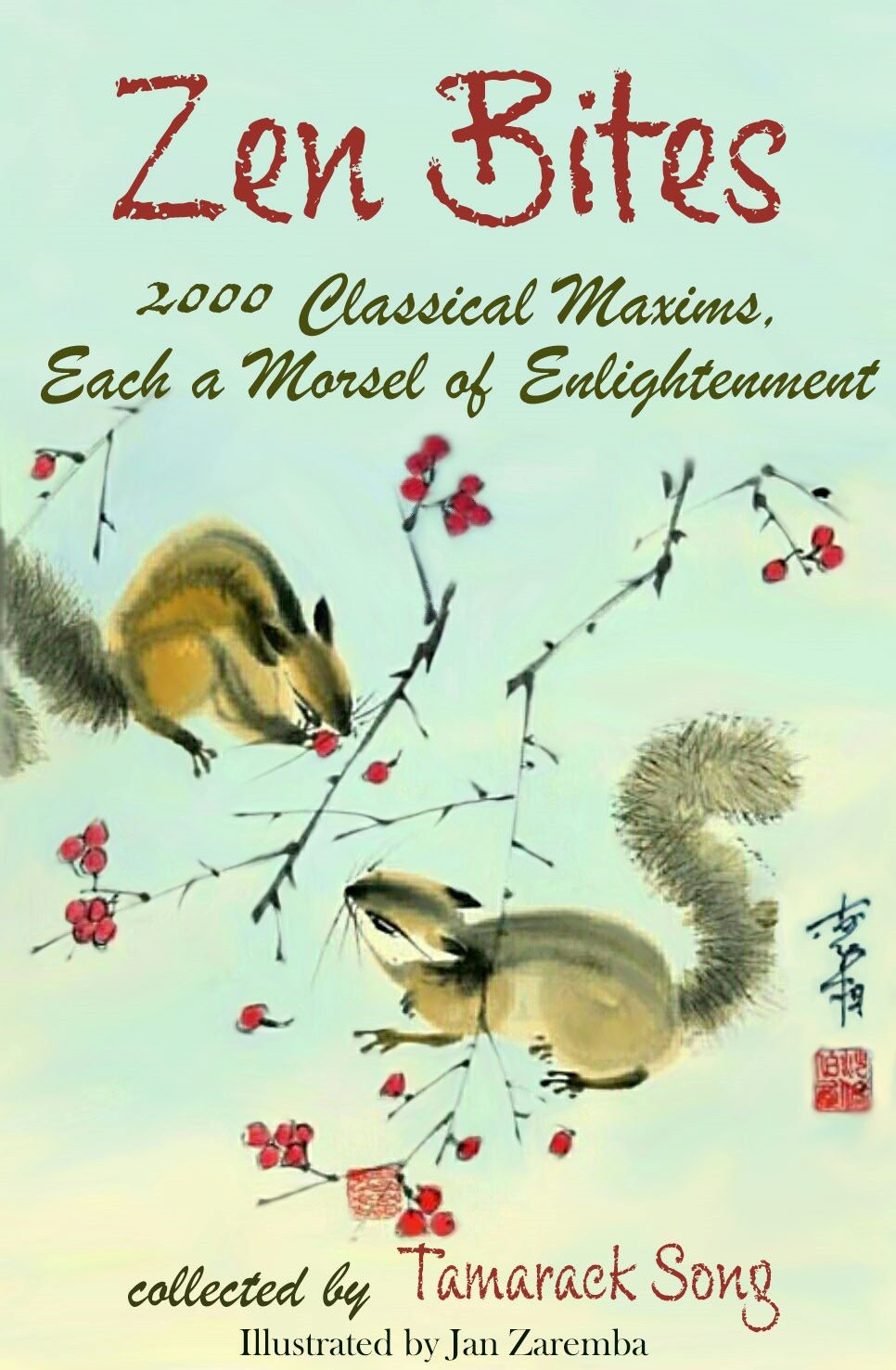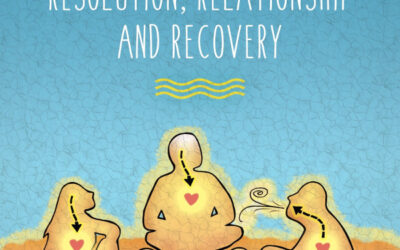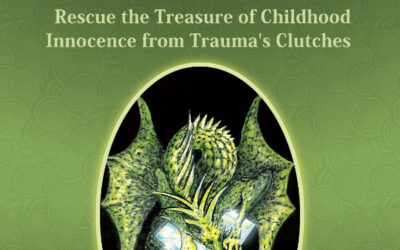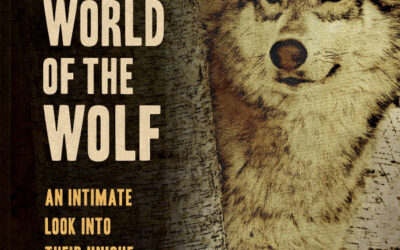Nothing is truth or lie, everything is such as the color of the glass through which it is seen.
– Spanish poet Ramón de Campoamor
Religion is based on faith; Zen is based on doubt. Observation creates doubt, because the observer creates the world she observes, by coloring it with the glass through which she sees it. In doing so, the observer becomes the observed. It doesn’t matter if the observer is a scientist, poet, or peasant, she is looking at herself when she looks at something.
But it didn’t start that way. When we first experience something, it exists within a pure state of being. We then translate the experience into a thought, and from that an image, which we store as a memory.
The catch is that memories do not exist in and of themselves, but only as they relate to other memories. That implies judgment.
Now look at what we have done: We have taken pure observation, personalized it, and injected it into the continuum of our lives. In doing so, we have created ourselves along with our world. In essence, we have become our thoughts.
Here is where Zen steps in to serve. If we create our world and ourselves by observation, we can change both by observing differently, thus creating doubt. As quantum physicist Dr. Richard Feynman says, “It’s much more interesting to live not knowing than to have answers which might be wrong.” The purpose of this book is to aid in the process of breeding uncertainty—and even moreso, to break down resistance to the process.
It is done in the traditional Zen way, with classic maxims and koans. Maxims are sayings that arouse inquiry, and koans are paradoxes that beg to be resolved, yet they are unresolvable, thus casting doubt. Zen Bites, the culmination of the author’s lifetime of collecting Zen maxims and koans, may be the most extensive collection in existence at this time.
Publication date: summer 2026




